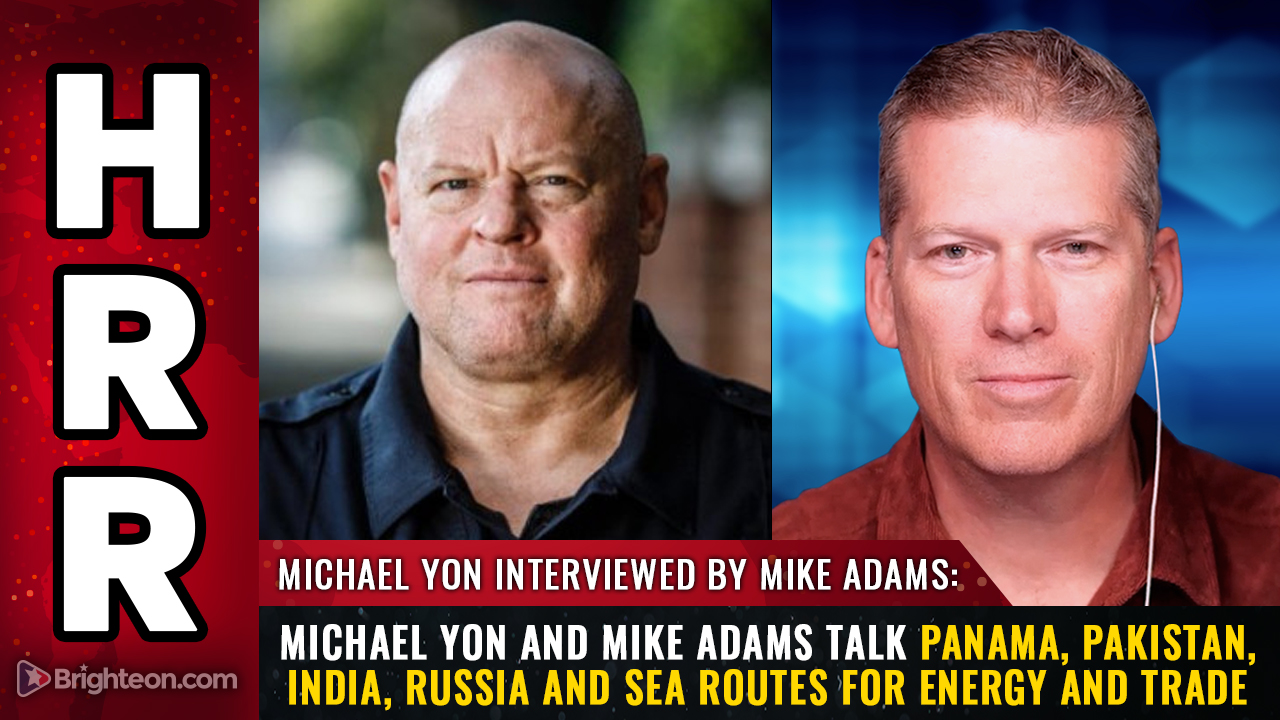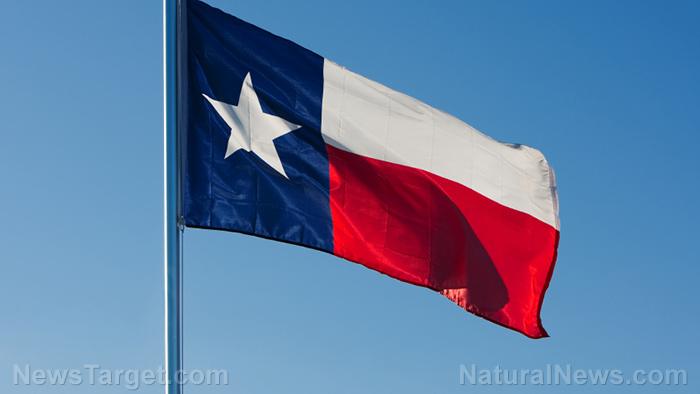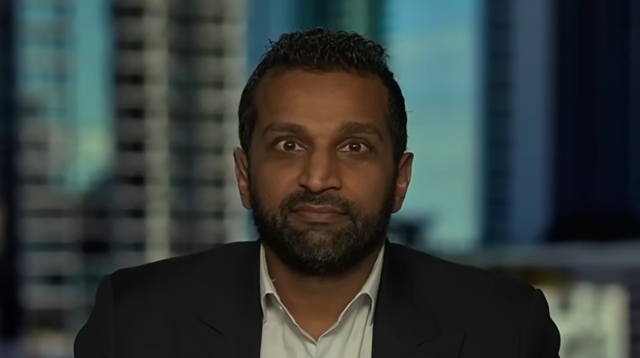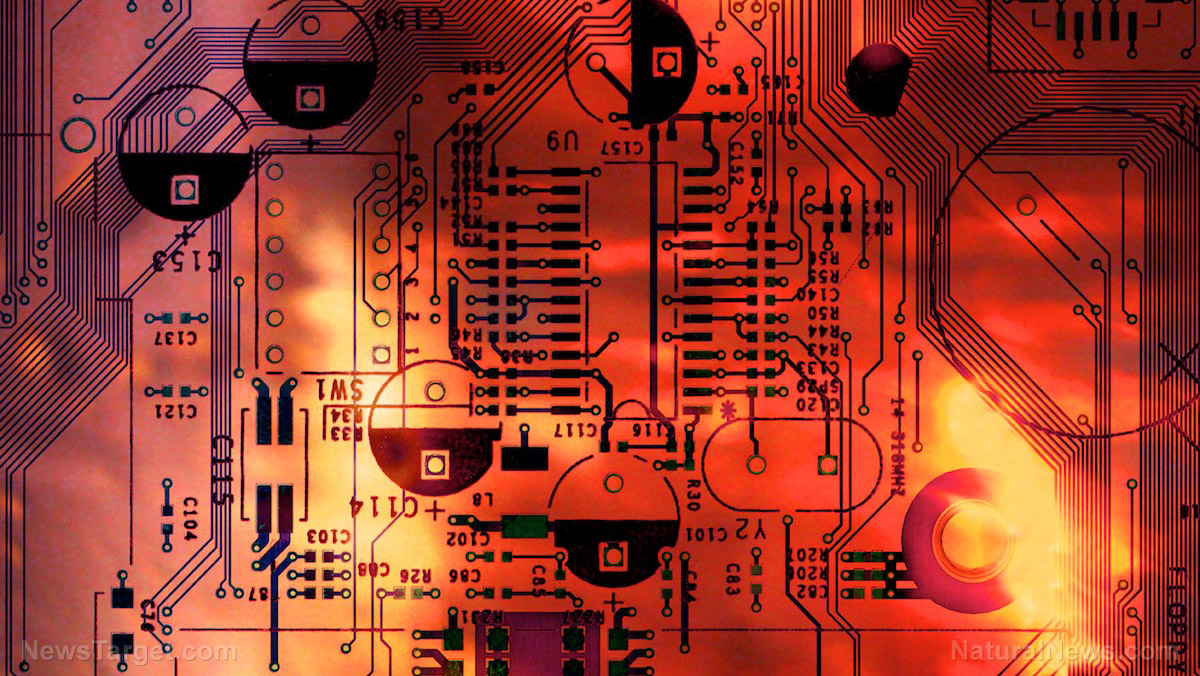 Parler
Parler Gab
Gab
- Geopolitical Battleground: The Panama Canal is a critical trade and military chokepoint where U.S.-China tensions escalate, with Panama divided over American retreat and Chinese infrastructure expansion.
- Chinese Influence Grows: China is gaining control through ports, migration, and economic projects, filling the vacuum left by the U.S. after its 1999 handover of canal operations.
- Military & Economic Risks: The canal enables U.S. naval mobility; Chinese dominance could disrupt supply chains or sabotage the waterway by targeting key infrastructure like the Gatun Dam.
- Global Trade at Stake: Similar struggles exist in the Suez, Hormuz, and Malacca straits, where China exploits U.S. disengagement to reshape global trade routes in its favor.
- Urgent U.S. Action Needed: Without a stronger U.S. response, China may seize control, threatening America’s economic and military dominance—experts warn Washington must act before it’s too late.
A Strategic Waterway Under Threat
The Panama Canal, which handles 70% of U.S. trade for both coasts, remains one of the most vital maritime chokepoints in the world. Yet, since the U.S. handed over control to Panama in 1999 under President Carter (finalized by Clinton), American influence has waned—while China has steadily expanded its footprint. Michael Yon, a geopolitical analyst who recently returned from Panama, warns that China is "colonizing" the country through infrastructure projects, commercial ports, and migration. "The Chinese are taking over positions of power, mostly behind the scenes," Yon explained in an interview with Mike Adams on Brighton.com. "They’re building bridges, controlling ports, and subtly shifting demographics—just like they did in Hong Kong."U.S. Retreat, Chinese Expansion
The Biden administration has continued the Obama-era policy of disengagement, while China’s state-linked firms like Hutchison Ports now operate key terminals on both sides of the canal. BlackRock, a major U.S. asset manager with deep ties to China, has also sought to acquire these ports—raising concerns about de facto Chinese control over critical trade routes. Yon notes that Panamanian ship pilots guide every vessel—including U.S. nuclear submarines and aircraft carriers—through the canal, a stark contrast to the past when American operators dominated. "The Panamanians ask, Where are the Americans? We left a vacuum, and China filled it," he said.Military and Economic Stakes
The canal is not just an economic artery but a military lifeline for the U.S. Navy, allowing rapid deployment between the Atlantic and Pacific. If China gains dominance, it could strangle U.S. supply chains in a conflict—or even sabotage the canal by targeting the Gatun Dam, which, if destroyed, would drain the canal’s freshwater supply and shut it down for years. Trump’s aggressive stance—including threats to seize control of the canal—has drawn mixed reactions. Some Panamanians welcome U.S. protection, while nationalists resist foreign intervention. "Panama is a juicy lamb surrounded by predators," Yon warned. "If the U.S. doesn’t act, China or others will take it."Broader Geopolitical Chessboard
The canal crisis mirrors struggles elsewhere:- Suez Canal: China, Russia, and Egypt are forming alliances, exploiting perceived U.S. weakness.
- Strait of Hormuz: A potential U.S.-Iran conflict could disrupt 30% of global oil shipments, devastating Europe.
- Strait of Malacca: China is building rail bypasses to reduce reliance on this chokepoint.
What’s Next?
With Trump pushing tariffs and Biden’s passive stance, the U.S. risks losing its grip on global trade routes. Meanwhile, China’s "debt-trap diplomacy" and infrastructure investments are reshaping the Americas—from Panama to Argentina. As Yon starkly put it: "If China takes the Panama Canal, they can strangle us to death." The question is: Will Washington wake up before it’s too late? Watch the full episode of the "Health Ranger Report" with Mike Adams, the Health Ranger, and Michael Yon as they talk about Panama, Pakistan, India, Russia and sea routes for energy and trade. This video is from the Health Ranger Report channel on Brighteon.com.More related stories:
Russia enters the fray: Trump’s Panama Canal claims threaten global trade neutrality BlackRock’s Panama port deal stirs debate over Chinese chokehold on strategic shipping routes Pakistan claims India is planning a strike over Kashmir tensions Sources include: Brighteon.com Substack.comTexas advances bill to block land sales to citizens and entities from hostile nations
By Laura Harris // Share
FBI leaders unveil cached “Russiagate” files, unmasking agency overreach amid rocky reforms
By Willow Tohi // Share
Scott Adams admits anti-vaxxers were right: ‘They Are the Winners’ in health outcomes
By Finn Heartley // Share
Joe Biden diagnosed with aggressive prostate cancer amid speculation about his health
By Finn Heartley // Share
Congress targets Chinese chip smuggling in bipartisan push to protect AI supremacy
By Willow Tohi // Share
Governments continue to obscure COVID-19 vaccine data amid rising concerns over excess deaths
By patricklewis // Share
Tech giant Microsoft backs EXTINCTION with its support of carbon capture programs
By ramontomeydw // Share
Germany to resume arms exports to Israel despite repeated ceasefire violations
By isabelle // Share










